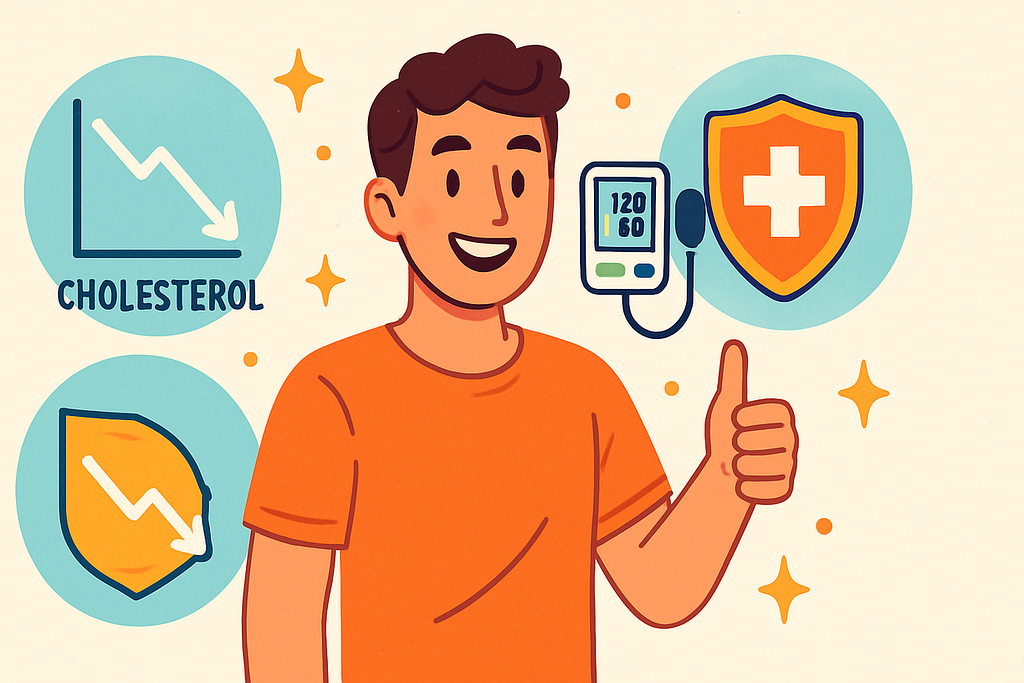
I’ll be honest — five years ago, if someone had told me I’d be writing an article advocating for a whole-food, plant-based diet, I would have laughed while chomping down on a bacon cheeseburger. But here we are, and the science is so compelling that even the most dedicated carnivore should at least pause to consider what’s happening on their plate.
The thing about plant-based eating is that it’s not just another diet trend that’ll disappear faster than last season’s fashion. We’re talking about a fundamental shift in how we think about food, health, and our relationship with the planet. And honestly? The evidence is pretty overwhelming.
https://medium.com/media/0c0e91bd93812de67424794bb5fa8080/href
Your Body Will Thank You (And So Will Your Doctor)
Let’s start with the health stuff, because that’s probably what most of us care about first. The research on whole-food, plant-based diets and chronic disease prevention is frankly staggering. We’re talking about 30–50% lower risk of type 2 diabetes — that’s not a small improvement, that’s life-changing.
But it doesn’t stop there. The cardiovascular benefits are equally impressive. People following plant-based diets consistently show lower LDL cholesterol (the “bad” kind), reduced blood pressure, and significantly decreased risk of ischemic heart disease compared to their meat-eating counterparts. When you consider that heart disease is still the leading cause of death in most developed countries, this isn’t just interesting — it’s potentially life-saving information.
The cancer research is particularly fascinating. While we can’t definitively say that any diet prevents cancer entirely, the reduced risk of colorectal cancer associated with plant-based eating is significant enough that major health organizations are taking notice.
And here’s something that surprised me: the weight management aspect isn’t about calorie restriction or feeling deprived. Plant-based diets tend to be naturally lower in calorie density while being incredibly filling due to their high fiber content. People lose weight and keep it off without the constant hunger and obsessive calorie counting that plague most diets. There’s something beautifully simple about eating foods that naturally regulate your appetite and energy levels.
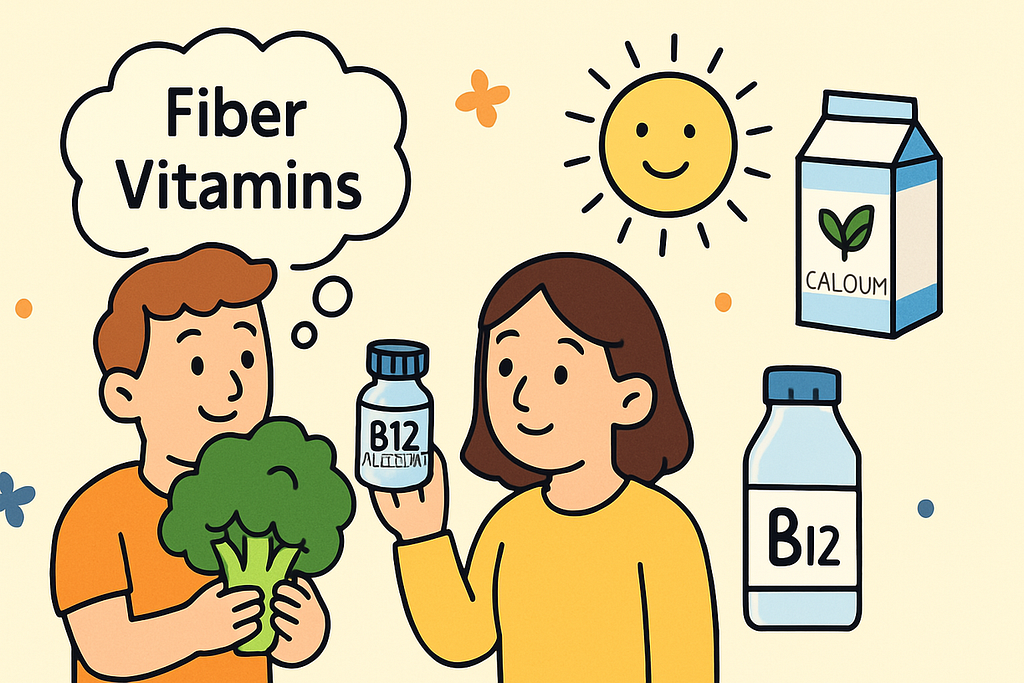
The Nutritional Reality Check
Now, let’s address the elephant in the room — the nutrition concerns that everyone brings up. Yes, there are nutrients you need to pay attention to on a plant-based diet. Vitamin B12 is the big one, and anyone going fully plant-based needs to supplement or eat fortified foods. This isn’t negotiable, and anyone telling you otherwise isn’t being honest about the science.
Vitamin D, calcium, and iodine can also be concerns, but here’s what’s interesting — many people eating standard Western diets are deficient in these nutrients too. The difference is that people following plant-based diets tend to be more conscious about their nutrition overall.
The flip side is that plant-based eaters typically consume way more fiber, vitamins C and E, magnesium, and folate than the average person. These aren’t just numbers on a nutrition label — these are the compounds that keep your immune system functioning, your energy levels stable, and your digestive system happy.
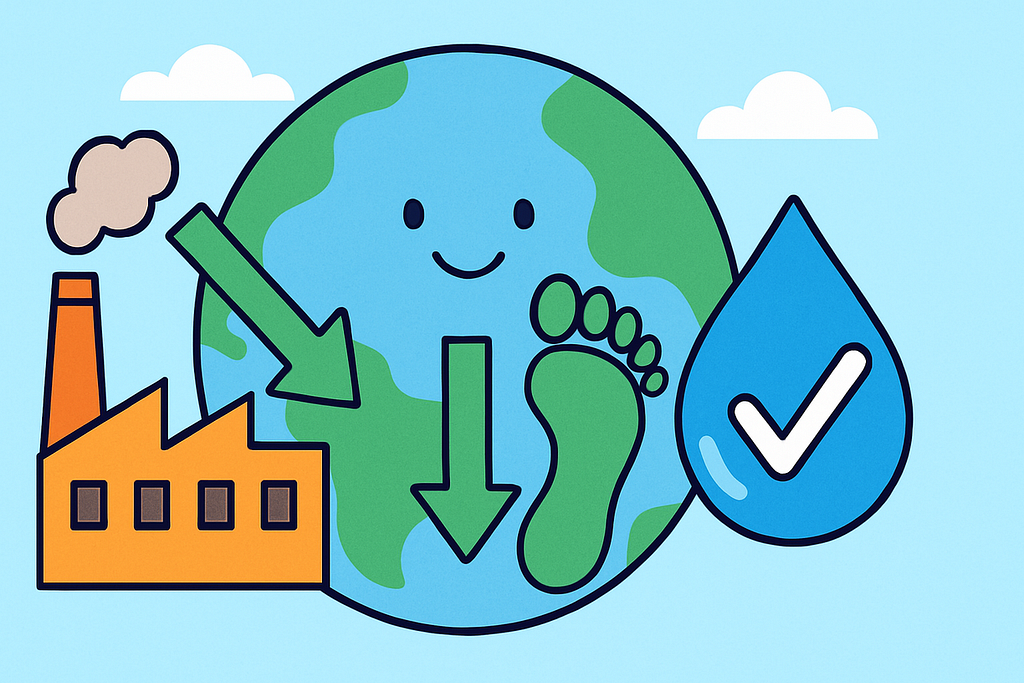
The Environmental Wake-Up Call
Here’s where things get really interesting, and honestly, a bit sobering. The environmental impact of our food choices is something most of us don’t think about when we’re standing in the grocery store aisle, but maybe we should.
The numbers are pretty stark: shifting to plant-based diets can reduce greenhouse gas emissions by 30–56%. That’s not a typo. We’re talking about more than half of your food-related carbon footprint disappearing just by changing what’s on your plate.
But it’s not just about emissions. The land use reduction is equally dramatic — we’re looking at 20–45% less land needed to produce the same amount of nutrition. Think about what that means: vast areas of land currently used for livestock could be returned to forests, used for carbon sequestration, or converted to habitat for wildlife.
The water usage statistics are mind-blowing too. Agriculture already accounts for about 70% of global freshwater use, and plant-based diets can reduce this by 14–27%. In a world where water scarcity is becoming an increasingly serious issue, this isn’t just an environmental nice-to-have — it’s becoming a necessity.
What really gets to me is thinking about the efficiency of it all. When you feed plants to animals and then eat the animals, you lose about 90% of the calories in the process.
It’s like burning dollar bills to heat your house when you could just use the money to buy efficient heating. The waste is staggering when you really think about it.
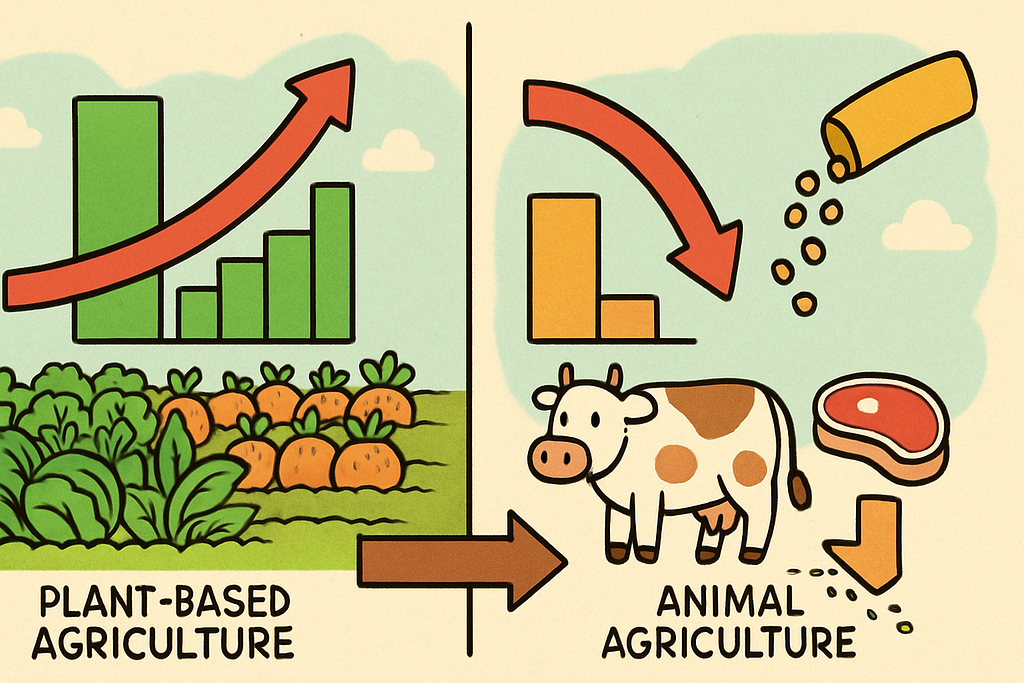
The Ethical Dimension We Don’t Talk About Enough
This is probably the most personal part of the whole discussion, and I get that people have different comfort levels with this topic. But the reality of modern animal agriculture is something that’s hard to ignore once you really look at it.
We’re not talking about Old MacDonald’s farm here. The vast majority of animal products come from industrial operations where the conditions are, frankly, pretty horrific. The biodiversity loss associated with livestock production is also contributing to what many scientists are calling the sixth mass extinction.
I’m not trying to make anyone feel guilty about their past choices — we all make decisions based on the information we have at the time. But once you know this information, it’s hard to unknow it.
https://medium.com/media/a6b558250df5d940386a22b97ab667d9/href
The Real-World Challenges (Because Let’s Be Honest)
Look, I’m not going to pretend this transition is effortless for everyone. There are real challenges, and acknowledging them upfront is important.
Social situations can be tricky. Going to restaurants, family gatherings, work events — it requires some planning and sometimes some awkward conversations. But honestly, this has gotten so much easier in recent years. Most restaurants now have decent plant-based options, and the quality has improved dramatically.
The cooking learning curve is real too, especially if you’re used to building meals around animal products. But here’s what I’ve found: plant-based cooking is actually more creative and varied than I expected. When you can’t rely on meat as the centerpiece of every meal, you start discovering flavor combinations and cooking techniques you never would have tried otherwise.
Cost can be a concern, but it’s complicated. Yes, some specialty plant-based products are expensive, but beans, grains, vegetables — the foundation of a whole-food, plant-based diet — are among the cheapest foods available. It’s really about how you approach it.
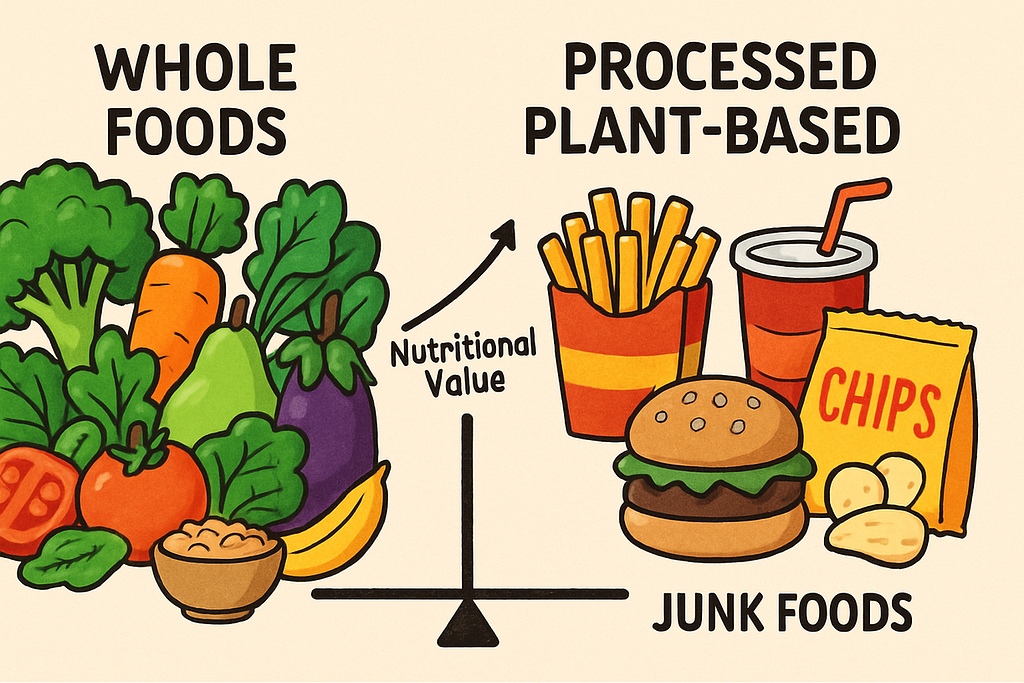
The Quality Question That Changes Everything
Here’s something crucial that often gets overlooked in these discussions: not all plant-based diets are created equal. Eating nothing but french fries and soda is technically plant-based, but it’s not going to give you any of the health benefits we’ve been talking about.
The magic happens with whole foods — vegetables, fruits, legumes, whole grains, nuts, seeds. The more processed plant-based foods become, the more they start to resemble the problems with the standard Western diet: too much salt, sugar, and refined ingredients, not enough fiber and micronutrients.
This is why the research consistently shows the strongest benefits for “whole-food, plant-based” diets rather than just “plant-based” diets in general.
Where Do We Go From Here?
The beautiful thing about all of this is that it’s not an all-or-nothing proposition. Even small shifts toward more plant-based eating can have meaningful impacts on your health and the environment. Maybe you start with “Meatless Monday” or try plant-based breakfasts. Maybe you experiment with one new plant-based recipe each week.
The evidence is overwhelmingly clear that whole-food, plant-based diets represent one of the most powerful tools we have for improving both personal and planetary health. This isn’t about perfection — it’s about progress.
And here’s what’s really exciting: we’re living through a time when plant-based eating has never been easier, more delicious, or more accessible. The food industry is responding to demand with innovations that would have been unimaginable just a decade ago.
Your fork really might be one of the most powerful tools for change you use every day. What you choose to put on your plate sends ripples through systems of health, environment, and ethics in ways that are profound and far-reaching.
The question isn’t whether plant-based diets work — the science has answered that pretty definitively. The question is whether we’re ready to act on what we know. And honestly? The sooner we start, the better off we’ll all be.
Homeless Romantic is Just Another Human Being Doing Things